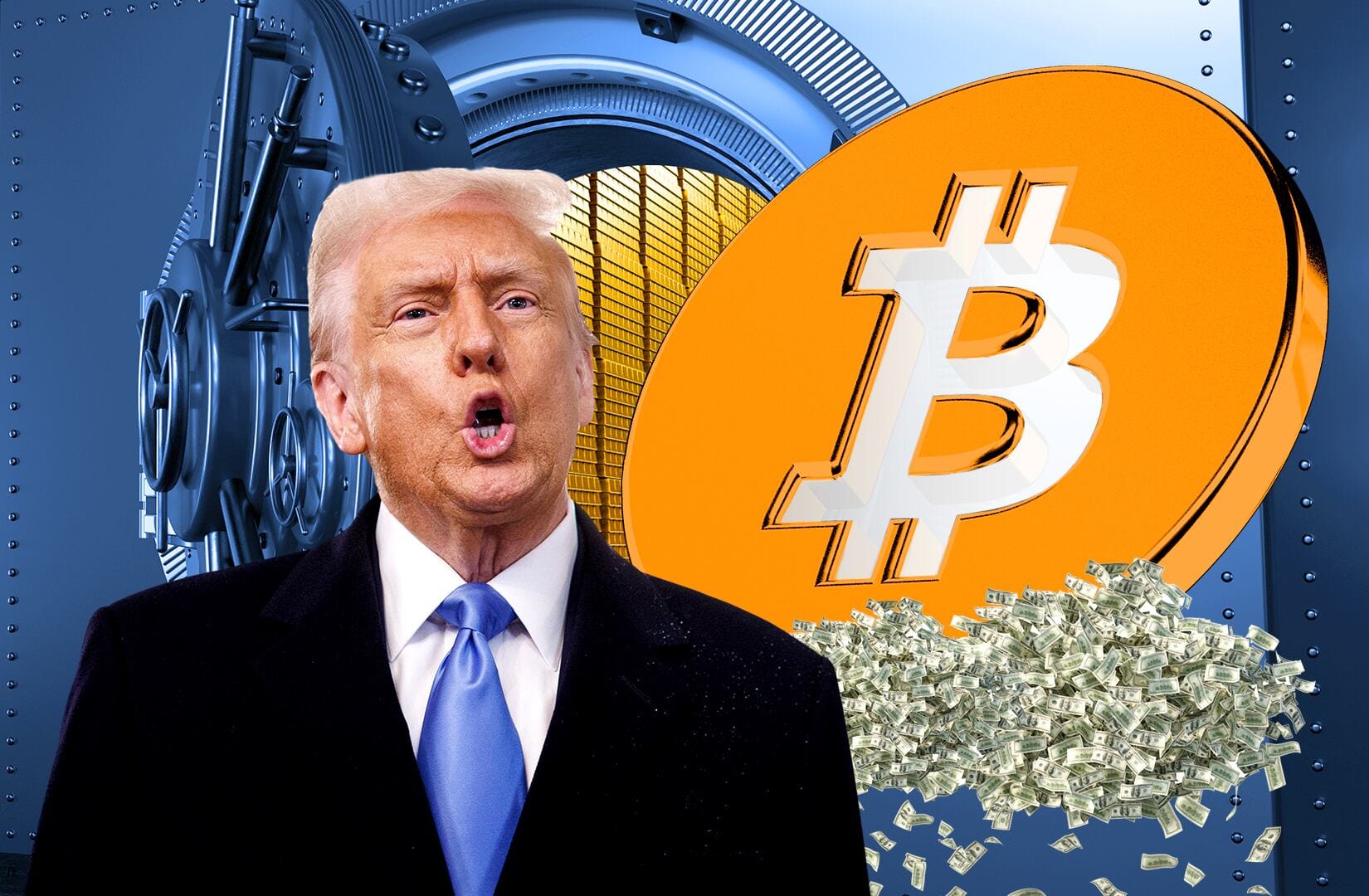Trump’s One Big Beautiful Bill Lacks Bitcoin Tax Provisions as Advocacy Grows

The “One Big Beautiful Bill” (H.R.1), a sweeping legislative proposal introduced in the 119th Congress, has sparked interest within the Bitcoin and cryptocurrency community. Recent claims made by Bitcoin Magazine CEO David Bailey suggest the bill may include provisions to exempt Bitcoin transactions under $600 from capital gains tax and eliminate double taxation on Bitcoin mining and staking.
However, as of June 28, 2025, official sources and analyses indicate these measures are not yet part of the bill’s text, though advocacy efforts are intensifying to try to include them.
The bill, which passed the House of Representatives on May 22, 2025, aims to extend provisions of the 2017 Tax Cuts and Jobs Act while implementing tax reforms and spending cuts. Social media, particularly an X post by David Bailey, has fueled speculation about Bitcoin friendly provisions. Bailey’s post urged supporters to contact senators, claiming the bill is close to incorporating these tax changes. Despite this enthusiasm, a review of official documents and reports reveals no confirmation of these provisions, suggesting they remain proposed amendments rather than finalized inclusions.
We are at the finish line of getting deminimus bitcoin transactions (<$600) cap gains free AND ending double taxation on mining/staking in the Big Beautiful Bill.
— David Bailey🇵🇷 $1.0mm/btc is the floor (@DavidFBailey) June 27, 2025
This might be our only shot at this for a while, today/tomorrow call or email your senator and make sure they know…
Bailey post on X about the Big Beautiful Bill
Current Status and Advocacy Efforts
A detailed examination of the bill’s text, available on Congress.gov, shows no explicit mention of Bitcoin or cryptocurrency taxation under Title XI, which covers tax reforms. The House Ways and Means Committee’s section-by-section summary similarly omits references to Bitcoin or digital assets, focusing instead on income tax rates, deductions, and credits. News outlets, including CNBC and the Tax Foundation, have reported on other aspects of the bill, such as a 3.5% remittances tax, but none confirm the specific cryptocurrency provisions. This absence in official sources indicates the measures are not currently part of H.R.1.
Social media advocacy, however, paints a different picture. Recent X posts, such as Bailey’s, call for senators to support a de minimis exemption for crypto transactions under $600. Other posts echo this sentiment, emphasizing the need for a final push to include these provisions. These efforts suggest community members are trying to lobby for changes as the bill moves through the Senate.
The White House’s dedicated page for the bill focuses on tax savings for tips and overtime, with no mention of Bitcoin or cryptocurrency. Congress.gov also shows no amendments related to digital assets, reinforcing the conclusion that these provisions are still in the advocacy stage. The disparity between Bailey’s social media claims and official documentation shows the uncertainty surrounding the bill’s Bitcoin tax measures, with advocacy, rhetoric, and speculation driving the current discussion.
If included, exempting Bitcoin and crypto transactions under $600 from capital gains tax would simplify small-scale use of digital assets, boosting adoption. Ending double taxation on mining and staking could reduce financial burdens for participants, encouraging growth in these sectors. For now, the lack of confirmation leaves the cryptocurrency community reliant on continued advocacy to influence the bill’s final form. In addition, it’s unclear how staking would be applied to Bitcoin as it currently is a proof-of-work blockchain which doesn’t have staking, but could be applied to other proof-of-stake blockchains such as Ethereum or Solana.
As the Senate debates the H.R.1 bill, stakeholders can monitor the developments closely. The bill’s broad scope and the ongoing push for cryptocurrency provisions suggest changes could emerge in the coming weeks. Until official sources confirm their inclusion, claims of Bitcoin or crypto friendly tax measures remain aspirational, driven mainly by speculation.

